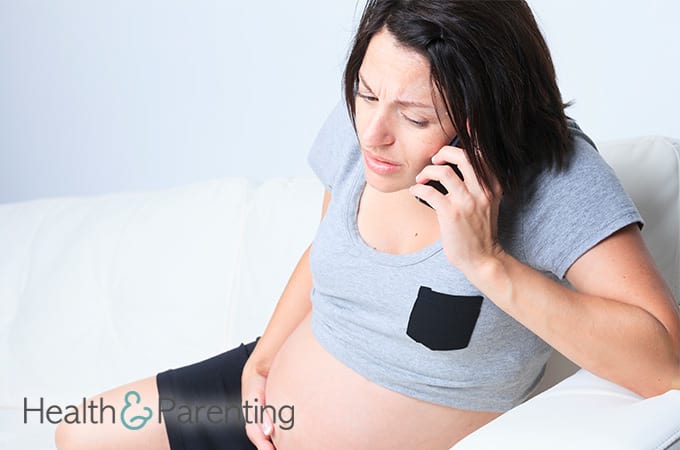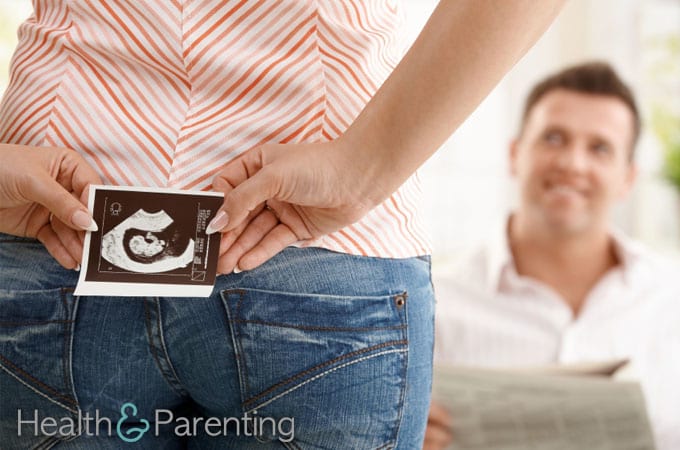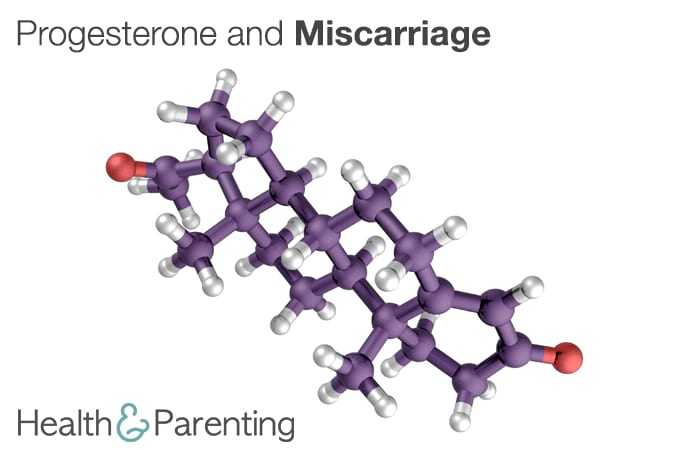Bleeding while pregnant may be a sign something is wrong, and you should therefore always inform your doctor about this as soon as you can. While you have every right to be worried, bleeding does not always mean you are having a miscarriage. According to experts, 20 to 30 percent of women experience bleeding while pregnant and only one half of those women miscarried. Although you cannot stop bleeding during pregnancy, there are things you can do.
Step 1
If you experience bleeding while pregnant in your second or third trimester, contact your health care provider immediately. If you experience light spotting during your first trimester, discuss it with your doctor on your next visit. However, if the bleeding or cramping is heavy, immediately contact your health care provider. You should also go to the hospital straight away anytime you experience sudden heavy bleeding with cramping or pain.
Step 2
Until you have been diagnosed by your healthcare provider, do not make assumptions. Take it easy! Many mums-to-be who experience bleeding go on to have healthy, happy babies. Stress isn’t good for a pregnancy either, so try to stay calm until you have a diagnosis.
Step 3
Until you have been evaluated by your health care provider, avoid sexual intercourse as it increases the blood flow to your cervix and causes bleeding or spotting. If you experience light spotting after sexual contact, do not worry! It can be normal and does not necessarily indicate a problem with your pregnancy.
Step 4
To tell how much you are bleeding, use maternity pads or napkins. Do not attempt to use tampons or any other internal device to catch or stop the bleeding.
Step 5
Lastly, follow your health care provider’s instruction. Bleeding can in some cases indicate conditions such as ectopic pregnancy, a detaching or ruptured placenta, cervical changes, or an infection. If your health care provider prescribes bed rest, stay in bed. Even if you feel good, get plenty of rest.
This information is not intended to replace the advice of a trained medical doctor. Health & Parenting Ltd disclaims any liability for the decisions you make based on this information, which is provided to you on a general information basis only and not as a substitute for personalized medical advice. All contents copyright © Health & Parenting Ltd 2018. All rights reserved.















